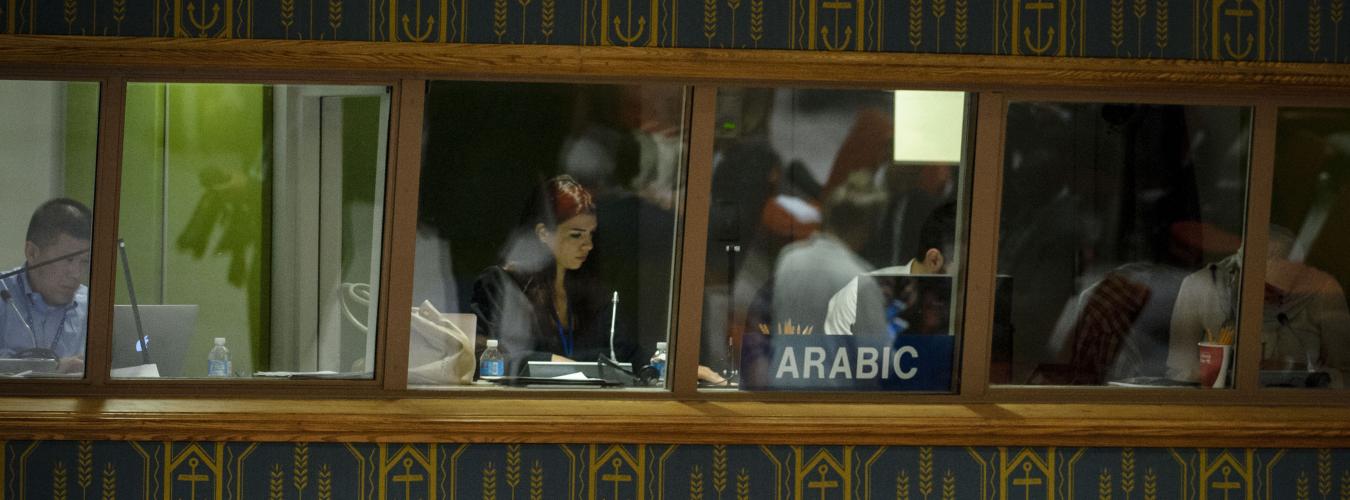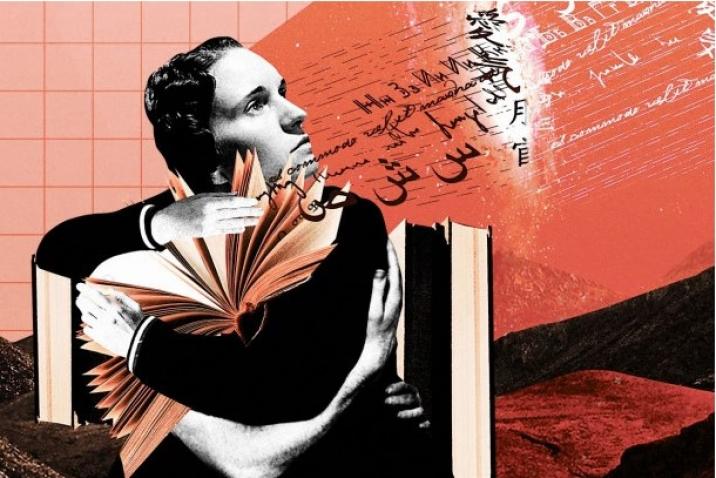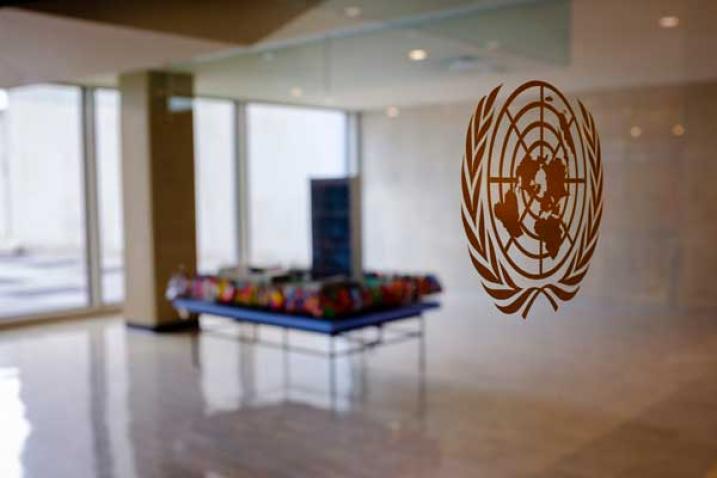The role of language professionals
International Translation Day is meant as an opportunity to pay tribute to the work of language professionals, which plays an important role in bringing nations together, facilitating dialogue, understanding and cooperation, contributing to development and strengthening world peace and security.
Transposition of a literary or scientific work, including technical work, from one language into another language, professional translation, including translation proper, interpretation and terminology, is indispensable to preserving clarity, a positive climate and productiveness in international public discourse and interpersonal communication.
Thus, on 24 May 2017, the General Assembly adopted resolution 71/288 on the role of language professionals in connecting nations and fostering peace, understanding and development, and declared 30 September as International Translation Day.
Why 30 September?
30 September celebrates the feast of St. Jerome, the Bible translator, who is considered the patron saint of translators.
St. Jerome was a priest from North-eastern Italy, who is known mostly for his endeavor of translating most of the Bible into Latin from the Greek manuscripts of the New Testament. He also translated parts of the Hebrew Gospel into Greek. He was of Illyrian ancestry and his native tongue was the Illyrian dialect. He learned Latin in school and was fluent in Greek and Hebrew, which he picked up from his studies and travels. Jerome died near Bethlehem on 30 September 420.
Multilingualism, a core value of the United Nations
Languages, with their complex implications for identity, communication, social integration, education and development, are of strategic importance for people and the planet.
There is growing awareness that languages play a vital role in development, in ensuring cultural diversity and intercultural dialogue, but also in attaining quality education for all and strengthening cooperation, in building inclusive knowledge societies and preserving cultural heritage, and in mobilizing political will for applying the benefits of science and technology to sustainable development.
An essential factor in harmonious communication among peoples, multilingualism is also regarded by the United Nations General Assembly as a core value of the Organization. By promoting tolerance, multilingualism ensures effective and increased participation of all in the Organization’s work, as well as greater effectiveness, better performance and improved transparency.
Translation at the UN
The United Nations is one of the world's largest employers of language professionals. Several hundred language staff work in UN offices in New York, Geneva, Vienna and Nairobi, or at the United Nations regional commissions in Addis Ababa, Bangkok, Beirut, Geneva and Santiago. Translators are one type of language professionals employed at the UN.
UN language specialists include:
- Editorial and desktop publishing assistants;
- Editors;
- Interpreters;
- Précis-writers;
- Production editors and desktop publishers;
- Translators;
- Verbatim reporters
United Nations translators handle all kinds of documents, from statements by Member States to reports prepared by expert bodies. The documents they translate cover every topic on the United Nations agenda, including human rights, peace and security, and development. New issues arise every day. UN documents are issued simultaneously in the six official languages of the Organization (Arabic, Chinese, English, French, Russian and Spanish). Some core documents are also translated into German. This multilingual documentation is made possible by United Nations translators, whose job is to render clearly and accurately the content of original texts into their main language.
Interested in working as a language specialist at the United Nations? Please check UN Careers on Competitive examinations for language professionals.
Did you know?
- The Universal Declaration of Human Rights holds the Guinness World Record as the most translated document. It exists in more than 500 languages.
- The United Nations is one of the world's largest employers of language professionals.
- There are six official languages of the UN - Arabic, Chinese, English, French, Russian and Spanish.
- A delegate may speak in any official UN language. The speech is interpreted simultaneously into the other official languages of the UN.
Resources
Tools
Careers
Multilingualism at the UN
Watch
DGACM wishes all language professionals around the world a Happy International Translation Day!
Watch more videos on DGACM's YouTube Channel!




